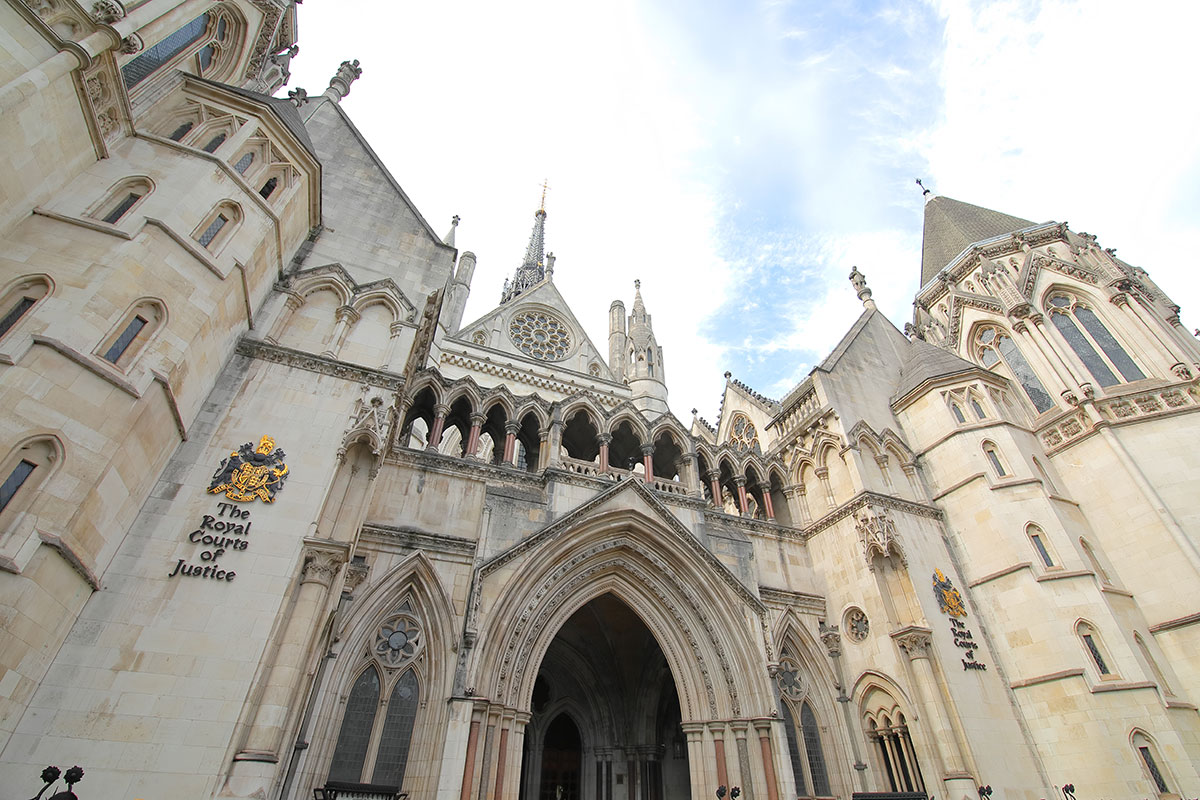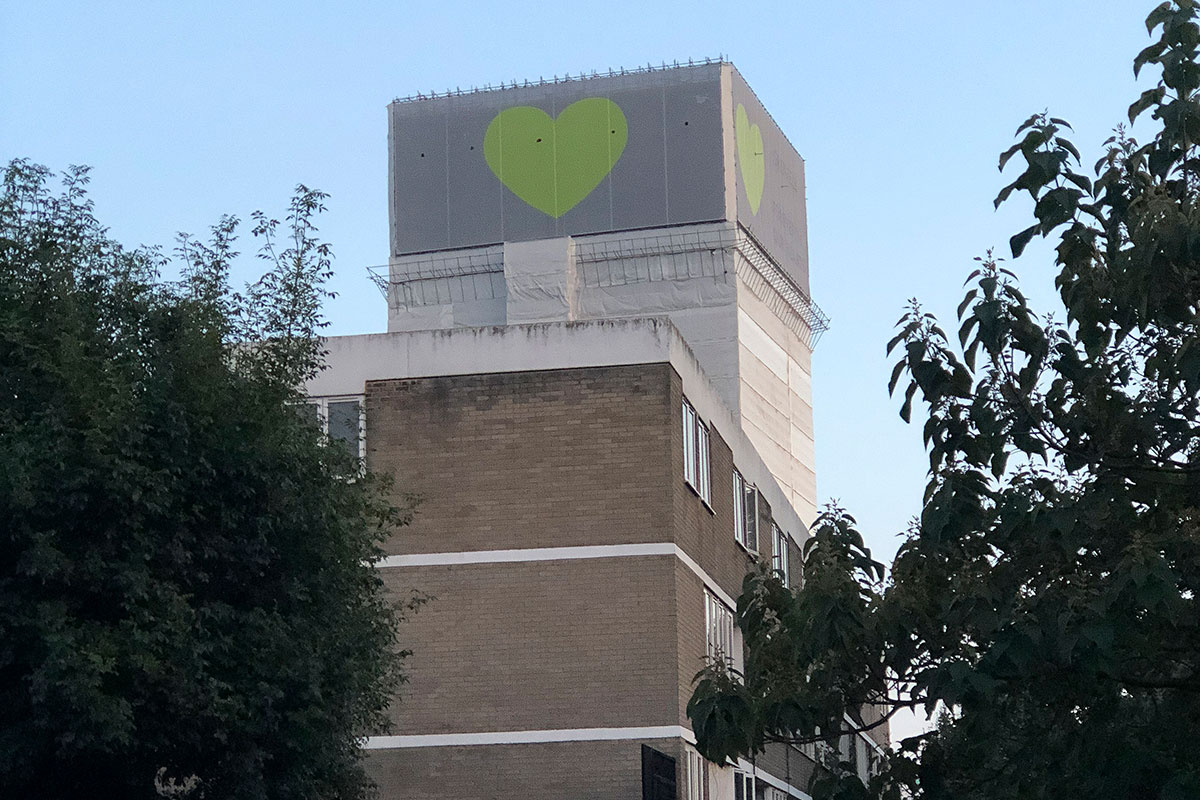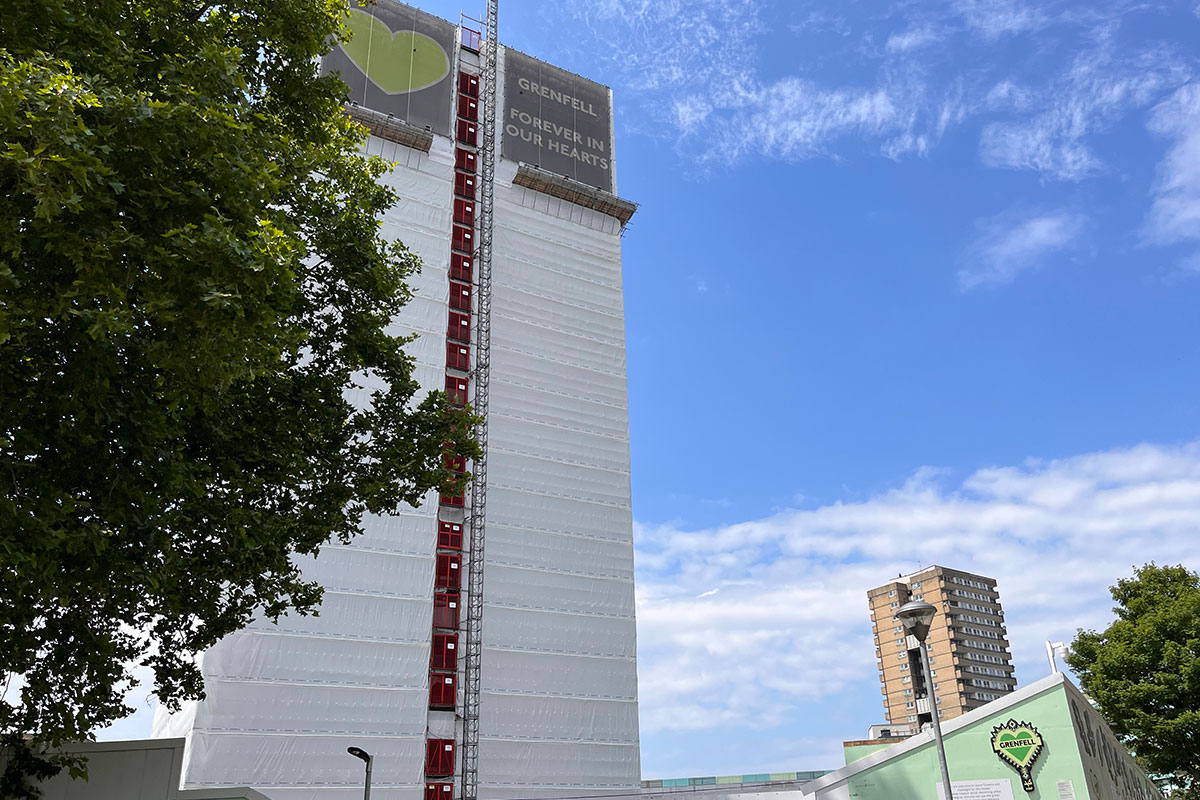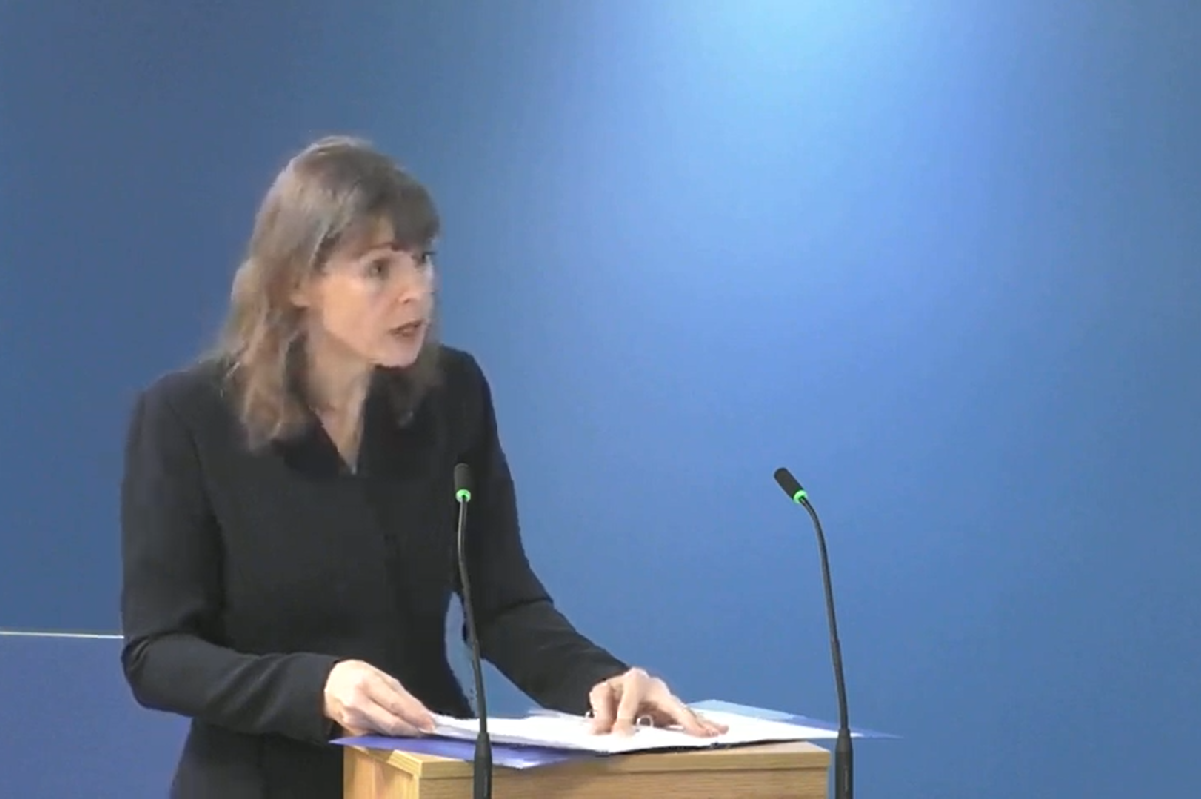Government says ‘no decision’ made on personal evacuation plans for disabled people
No decision on personal emergency evacuation plans (PEEPs) for disabled people has yet been made by the government, the High Court heard on Wednesday.

Alan Payne KC, on behalf of the Home Office, claimed that because there is an ongoing consultation on PEEPs, it would be “premature for the court to be invited to second-guess as to how that decision will be taken and what it will be”.
One of the key recommendations from phase 1 of the Grenfell Tower Inquiry was to mandate PEEPs for those with mobility issues who live in high-rise buildings.
The government committed to implementing all of the recommendations in full in 2019.
However, it officially announced in a consultation document in May that it does not believe it is “proportionate” to follow the PEEPs recommendation and will continue to place its faith in ‘stay put’ advice in most buildings.
It concluded that the “evidence base for PEEPs is not sufficient to mandate their implementation in high-rise residential buildings at this stage”.
The Grenfell fire killed 72 people, 15 of whom were disabled, meaning it killed 41% of the disabled residents of the tower. None of those disabled people had been provided with PEEPs.
Instead of implementing the PEEPs recommendation, the government launched a new consultation on Emergency Evacuation Information Sharing, or EEIS, which looks at sharing the location of disabled residents with fire services.
But even this will only apply to buildings known to have serious fire safety issues, under the government’s proposals.
As a result of this announcement, the Cladding Leaseholder Disability Action Group (Claddag) applied for a judicial review and was granted one in September.
The judicial review was brought by two founding members of Claddag, Sarah Rennie and Georgie Hulme, and was granted on five grounds:
- Failure to have regard to mandatory material considerations
- Breach of legitimate expectation as a result of a failure to consult on departure from the PEEPs recommendation
- PEEPs consultation process so unfair as to be unlawful
- Breach of public sector equality duty in the Equality Act
- Breach of the European Convention on Human Rights
But despite what the government said in May, Mr Payne said “there has been no decision on PEEPs”.
In a written case outline, he said the Home Office consultation response concluded that the evidence for PEEPs was not enough “at this stage”.
Mr Payne said: “The response does not exclude the possibility of PEEPs being implemented; rather it sets out the reasons ‘why the evidence base for PEEPS is not sufficient to mandate their implementation in high-rise buildings at this stage’.”
He said the consultation provides the claimants and others with an opportunity to raise any complaints they have concerning the PEEPs decision.
Mr Payne said: “Until this consultation has finished, and the minister has taken a fresh decision concerning the measures which are to be implemented, it is premature for the court to be invited to second-guess as to how that decision will be taken and what it will be.”
But the lawyer representing Claddag told the court that that position is “untenable”, as there is “no getting away from the fact that the proposals fundamentally depart” from the PEEPs recommendations.
“Keeping the door open to voluntary adoption of PEEPs by responsible persons (RPs) … cannot be conflated with openness to mandating a legal duty on RPs to put in place PEEPs,” Raj Desai said.
One of the main issues for Claddag is the fact that there was no consultation on the possibility of not implementing PEEPs.
On Tuesday, the court heard that the government privately decided not to implement the recommendation as early as September 2021.
It emerged that by 22 September 2021, an options paper to Lord Greenhalgh, the fire safety minister at the time, did “not even include delivering the PEEPs recommendations… in full as an option for consideration”.
It also emerged that Lord Greenhalgh, an unelected peer appointed to the role by Boris Johnson when he was prime minister, asked that the decision not be communicated to the public in February.
Instead, he wanted to wait until the government could publish a new consultation “exploring alternative measures”.
Mr Payne said the EEIS consultation “seeks at length to elicit any information from respondents which could be used to counter the concerns raised” in relation to the implementation of PEEPs.
He said that both the government’s consultation response and the new consultation “make it crystal clear” that “no final decision has been taken in relation to implementing PEEPs”.
A ruling on the judicial review is expected in 2023.
Sign up for our fire safety newsletter
Already have an account? Click here to manage your newsletters











